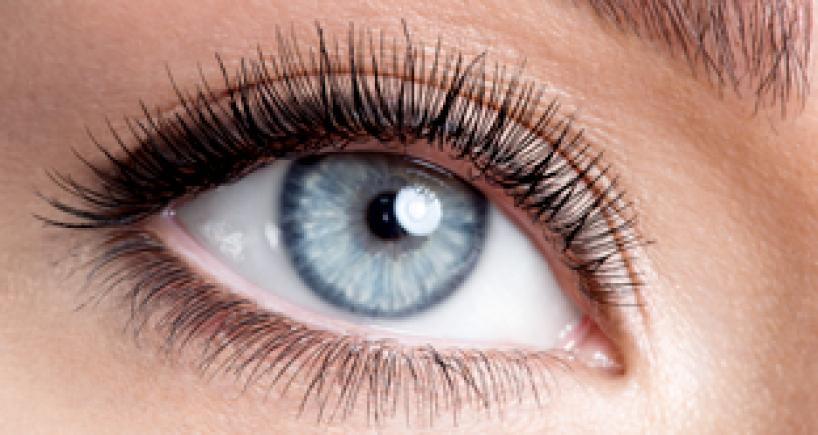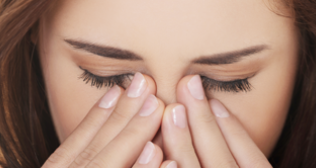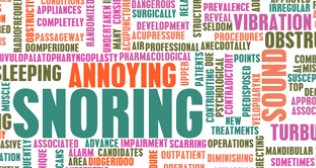
ENT
Protect Your Eyes
Protect Your Eyes Feb 17, 2015
 For most of us, eyes are the most cherished sense organs. Yet we potentially expose them to danger by stepping outside without any protection. Over a period of time, the sun’s rays can damage the eyes leading to vision loss or conditions such as macular degeneration
Most of the people are aware of the need to protect their skin from the damage caused by the sun’s ultraviolet (UV) rays. However, you may not be aware of the damage the sun can do to your eyes.
Looking directly at the sun even for a few seconds is impossible because of the brightness. However, when the brightness is somewhat obscured by the moon during a solar eclipse, then it is possible to gaze at the sun directly. This is very dangerous as the sunlight focussed through our eye’s natural lens acts like a laser beam causing a burn in the back of the eye, the retina, which is responsible for sending images to the brain.
The obvious prevention is by not looking at the sun directly, but indirectly. Even some of the filters and sunglasses that people use to watch the eclipse may not be good enough to prevent permanent damage to the retina. If one is lucky enough to spend the summer in the snow peaked mountains, there is a risk of a condition called snow blindness, which occurs due to exposure to UV rays reflected from snow. It is a painful condition due to the temporary damage of the front structure of the eye, 'cornea'. The condition usually improves spontaneously if the eyes are closed /padded for 24 hours. Some eye ointments and pain killers can also be used to make the recovery more comfortable.
Leaving aside the rare event of solar eclipse or occasional snow blindness, our eyes are of course exposed to light, both natural and artificial, for most of our lives. There is scientific evidence that life-long exposure to light does damage the retina and could be one of the causes of Age-related Macular Degeneration (AMD), which is a common cause of blindness with 20-30 million sufferers world wide. With increasing life expectancy in India, AMD is becoming a major health concern.
What is AMD?
As the name suggests AMD is degeneration of macula (the central most sensitive part of retina), which is related to age. Basically, as we grow older, our retina is unable to dispose of all the waste material it produces due to very active metabolism. This waste material gets accumulated in central part of retina and causes damage to the cells – the photoreceptors that convert light into electrical signal to send to the brain.
Types of AMD
There are broadly two types of AMD – dry and wet. In dry AMD (this has nothing to do with dry eyes – a condition that affects front of the eye – conjunctiva and cornea – due to lack of tears) there is damage to pigment and deposition of amorphous yellow material called Drusens. In the ‘wet AMD’ there is an added problem of new vessel formation under the retina due to the release of certain growth factors. These new vessels are thin walled – so they leak fluid and blood, causing swelling and haemorrhage under the retina. In later stages this leads to inflammation and scarring in the macula.
Risk factors for developing AMD
Age is the most significant risk factor. AMD is also more likely to occur in patients who smoke, have high blood pressure, are obese and have a history of AMD amongst family members.
Prevention
There is evidence that lack of caretenoids in the diet may have a major role to play in the causation, so a balanced diet, rich in green leafy vegetables and fruits is recommended. Cessation of smoking, controlling blood pressure adequately and losing weight (in obese people) – all have beneficial effects. Taking health supplements containing vitamin A, C, E and zinc can also cause prevention of AMD.
Symptoms
Most patients suffer from distortion of vision or seeing a blind spot (called scotoma) in the centre of vision. Some patients are asymptomatic in the first eye as the ‘good’ eye compensates for the affected eye and the condition is detected at a stage when it is too late to treat. We are currently developing a device called Personal Ophthalmic Diagnostic System (PODS) that may enable people to monitor their visual functions in the comfort of their home and will be able to detect early symptoms of AMD in the first eye.
Treatment
Drugs have been developed that inhibit or stop the growth factors which cause abnormal blood vessels under the retina through injections that need to be given every four weeks until the condition is under control. For severe dry or end stage AMD, low vision aids like magnifying lenses, telescopes and computer assisted devices are prescribed. There are surgical options where a micro telescope or combination of lenses can be inserted inside the eye to improve magnification and reading distance.
For most of us, eyes are the most cherished sense organs. Yet we potentially expose them to danger by stepping outside without any protection. Over a period of time, the sun’s rays can damage the eyes leading to vision loss or conditions such as macular degeneration
Most of the people are aware of the need to protect their skin from the damage caused by the sun’s ultraviolet (UV) rays. However, you may not be aware of the damage the sun can do to your eyes.
Looking directly at the sun even for a few seconds is impossible because of the brightness. However, when the brightness is somewhat obscured by the moon during a solar eclipse, then it is possible to gaze at the sun directly. This is very dangerous as the sunlight focussed through our eye’s natural lens acts like a laser beam causing a burn in the back of the eye, the retina, which is responsible for sending images to the brain.
The obvious prevention is by not looking at the sun directly, but indirectly. Even some of the filters and sunglasses that people use to watch the eclipse may not be good enough to prevent permanent damage to the retina. If one is lucky enough to spend the summer in the snow peaked mountains, there is a risk of a condition called snow blindness, which occurs due to exposure to UV rays reflected from snow. It is a painful condition due to the temporary damage of the front structure of the eye, 'cornea'. The condition usually improves spontaneously if the eyes are closed /padded for 24 hours. Some eye ointments and pain killers can also be used to make the recovery more comfortable.
Leaving aside the rare event of solar eclipse or occasional snow blindness, our eyes are of course exposed to light, both natural and artificial, for most of our lives. There is scientific evidence that life-long exposure to light does damage the retina and could be one of the causes of Age-related Macular Degeneration (AMD), which is a common cause of blindness with 20-30 million sufferers world wide. With increasing life expectancy in India, AMD is becoming a major health concern.
What is AMD?
As the name suggests AMD is degeneration of macula (the central most sensitive part of retina), which is related to age. Basically, as we grow older, our retina is unable to dispose of all the waste material it produces due to very active metabolism. This waste material gets accumulated in central part of retina and causes damage to the cells – the photoreceptors that convert light into electrical signal to send to the brain.
Types of AMD
There are broadly two types of AMD – dry and wet. In dry AMD (this has nothing to do with dry eyes – a condition that affects front of the eye – conjunctiva and cornea – due to lack of tears) there is damage to pigment and deposition of amorphous yellow material called Drusens. In the ‘wet AMD’ there is an added problem of new vessel formation under the retina due to the release of certain growth factors. These new vessels are thin walled – so they leak fluid and blood, causing swelling and haemorrhage under the retina. In later stages this leads to inflammation and scarring in the macula.
Risk factors for developing AMD
Age is the most significant risk factor. AMD is also more likely to occur in patients who smoke, have high blood pressure, are obese and have a history of AMD amongst family members.
Prevention
There is evidence that lack of caretenoids in the diet may have a major role to play in the causation, so a balanced diet, rich in green leafy vegetables and fruits is recommended. Cessation of smoking, controlling blood pressure adequately and losing weight (in obese people) – all have beneficial effects. Taking health supplements containing vitamin A, C, E and zinc can also cause prevention of AMD.
Symptoms
Most patients suffer from distortion of vision or seeing a blind spot (called scotoma) in the centre of vision. Some patients are asymptomatic in the first eye as the ‘good’ eye compensates for the affected eye and the condition is detected at a stage when it is too late to treat. We are currently developing a device called Personal Ophthalmic Diagnostic System (PODS) that may enable people to monitor their visual functions in the comfort of their home and will be able to detect early symptoms of AMD in the first eye.
Treatment
Drugs have been developed that inhibit or stop the growth factors which cause abnormal blood vessels under the retina through injections that need to be given every four weeks until the condition is under control. For severe dry or end stage AMD, low vision aids like magnifying lenses, telescopes and computer assisted devices are prescribed. There are surgical options where a micro telescope or combination of lenses can be inserted inside the eye to improve magnification and reading distance. 















